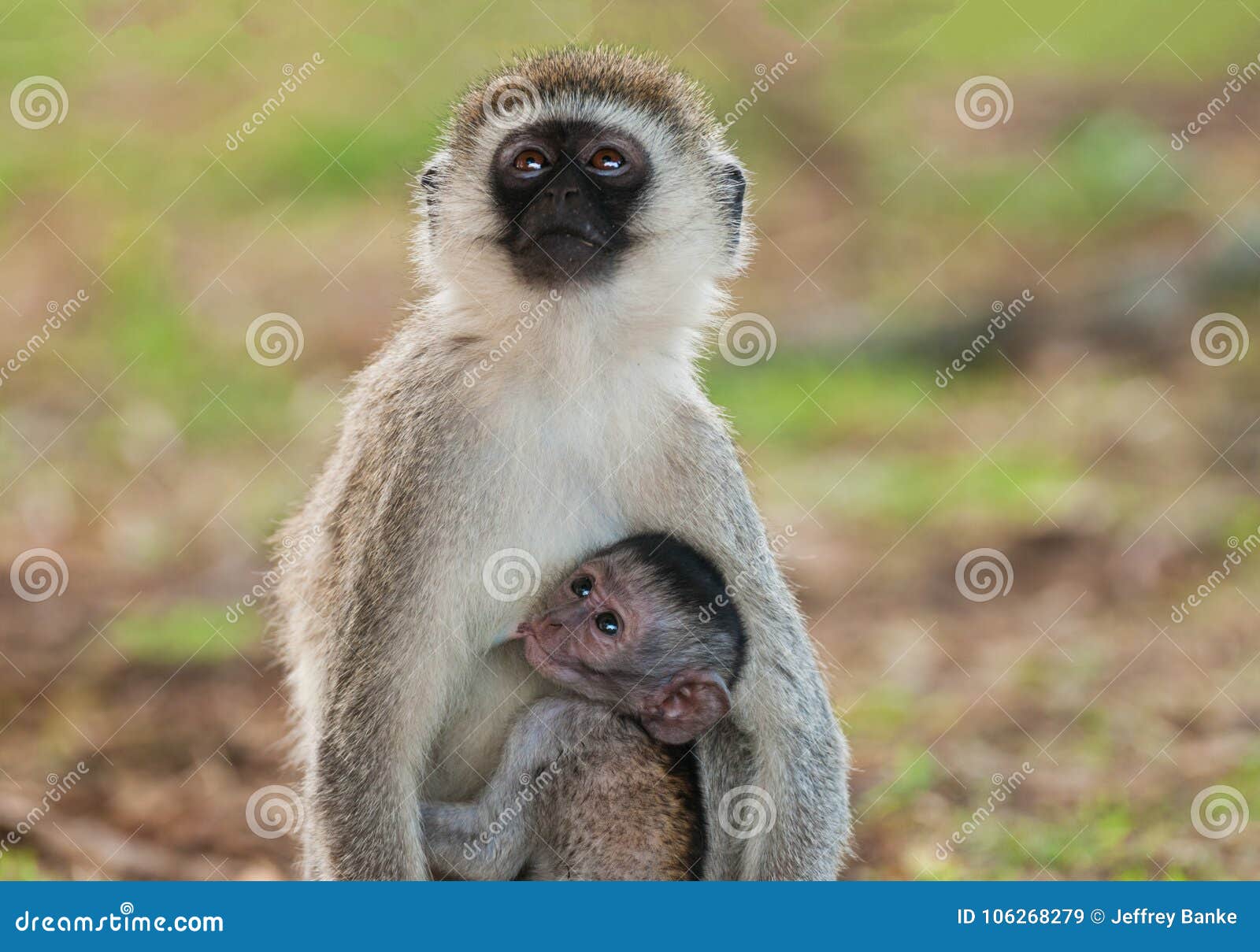Ever wondered why your little one starts suckling while they're fast asleep? Baby suckling in sleep is a common behavior that many parents observe, and it can be both adorable and intriguing. Whether you're a first-time parent or simply curious about this natural reflex, understanding why it happens and what it means can provide valuable insights into your baby's development. So, let's dive into the world of baby sleep and explore this fascinating phenomenon.
As a parent, you might have noticed your baby making tiny sucking motions during their nap or at night. This reflexive action isn't just cute; it actually plays a crucial role in their growth and well-being. From soothing themselves to maintaining comfort, baby suckling in sleep has several benefits that we'll uncover in this article.
Before we get into the nitty-gritty, it's important to note that this behavior is completely normal. In fact, it's a sign that your baby's nervous system is developing as it should. So, if you've ever been curious about why your baby suckles in their sleep, keep reading for all the answers you need!
- 3rd Year Death Anniversary Quotes Honoring Memories With Heartfelt Words
- Naomi Scott Net Worth The Rising Stars Journey And Financial Success
What Is Baby Suckling in Sleep?
Let's start with the basics. Baby suckling in sleep refers to the natural reflex where infants make sucking motions with their mouths while they're asleep. This behavior is often linked to the rooting reflex, which is present from birth and helps babies locate food. While it might seem random, there's actually a lot going on behind the scenes when your baby starts suckling in their sleep.
This reflex is not only adorable but also serves a purpose. It can help babies regulate their emotions, stay calm, and even improve their sleep quality. So, the next time you see your little one happily suckling away, remember that it's a sign of their growing independence and self-soothing abilities.
Why Does Baby Suckling Happen During Sleep?
Now that we know what baby suckling in sleep is, let's explore why it happens. There are several reasons why your baby might start suckling while they're asleep:
- Smile Pick Up Lines The Ultimate Guide To Making Someone Laugh And Fall In Love
- Scripture For Spring Unleashing The Power Of Renewal And Growth
- Comfort and Security: Suckling provides a sense of comfort and security, much like a pacifier or thumb-sucking. It helps babies relax and feel safe, even in their sleep.
- Self-Soothing: Babies have an innate ability to soothe themselves, and suckling is one of the ways they do it. This reflex helps them transition between sleep cycles smoothly.
- Developmental Milestone: Suckling is a sign that your baby's nervous system is maturing. It's a natural part of their growth and development.
So, the next time you catch your baby suckling in their sleep, you can rest assured that it's a healthy and normal behavior.
Is Baby Suckling in Sleep Normal?
Absolutely! Baby suckling in sleep is a completely normal behavior that most infants exhibit. In fact, it's one of the many reflexes that babies are born with. These reflexes are essential for their survival and development, and suckling is no exception.
Parents often worry if their baby's sleep habits are typical, but suckling during sleep is nothing to be concerned about. It's a natural response that helps babies feel secure and comfortable. As your baby grows, this reflex may gradually fade, but for now, it's a sign that everything is on track.
When Does Baby Suckling Start and End?
Most babies start exhibiting suckling behavior from birth, and it can continue for several months. Typically, this reflex starts to diminish around 3 to 6 months of age as babies develop other ways to soothe themselves. However, some babies may continue to suckle in their sleep for a bit longer, and that's perfectly fine.
It's worth noting that every baby is unique, so there's no set timeline for when suckling will stop. If you're concerned about your baby's development, consult your pediatrician for peace of mind.
Benefits of Baby Suckling in Sleep
While baby suckling in sleep might seem like just another cute habit, it actually offers several benefits for your little one. Here are a few reasons why this behavior is beneficial:
- Emotional Regulation: Suckling helps babies manage their emotions and stay calm, which is crucial for their mental and emotional development.
- Improved Sleep Quality: By soothing themselves through suckling, babies can achieve deeper and more restful sleep, which is vital for their growth.
- Oral Development: Suckling strengthens the muscles in your baby's mouth and jaw, laying the foundation for proper oral development.
These benefits highlight just how important baby suckling in sleep is for your little one's overall well-being.
Does Suckling in Sleep Affect Feeding?
One common concern among parents is whether suckling in sleep affects their baby's feeding habits. In most cases, it doesn't. Suckling during sleep is a reflexive action that doesn't interfere with your baby's ability to feed properly when they're awake.
However, if you notice any changes in your baby's feeding patterns or weight gain, it's always a good idea to consult your pediatrician. They can provide guidance and reassurance to ensure your baby is getting the nutrition they need.
How to Encourage Healthy Sleep Habits
While baby suckling in sleep is a natural behavior, there are ways you can encourage healthy sleep habits in your little one. Here are a few tips to help your baby sleep better:
- Establish a Routine: Create a consistent bedtime routine that signals to your baby that it's time to sleep. This can include activities like reading a book or singing a lullaby.
- Create a Comfortable Environment: Make sure your baby's sleep space is comfortable, quiet, and free from distractions. A cozy crib and soft blankets can make all the difference.
- Encourage Self-Soothing: Allow your baby to develop self-soothing techniques, such as suckling or using a pacifier, to help them fall asleep independently.
By fostering healthy sleep habits, you can ensure that your baby gets the rest they need to grow and thrive.
When to Seek Professional Advice
While baby suckling in sleep is generally harmless, there are situations where you might want to seek professional advice. If your baby's suckling behavior seems excessive or is accompanied by other concerning symptoms, it's best to consult your pediatrician. They can evaluate your baby's overall health and development to rule out any underlying issues.
Remember, your pediatrician is your best resource when it comes to your baby's well-being. Don't hesitate to reach out if you have any concerns or questions about your baby's sleep habits.
Common Myths About Baby Suckling in Sleep
There are several myths surrounding baby suckling in sleep that can confuse parents. Let's debunk a few of them:
- Myth: Suckling in Sleep Means Your Baby is Hungry: While suckling can sometimes indicate hunger, it's not always the case. Babies often suckle for comfort, especially during sleep.
- Myth: Suckling Can Damage Teeth: Suckling in infancy doesn't typically cause dental issues. However, if your baby continues to suck their thumb or use a pacifier beyond a certain age, it's worth discussing with your dentist.
- Myth: Suckling Interferes with Sleep: On the contrary, suckling can actually improve sleep quality by helping babies relax and stay calm.
By understanding the facts, you can make informed decisions about your baby's sleep habits.
How to Differentiate Between Suckling and Hunger
It's important to know the difference between suckling and hunger, especially when it comes to feeding your baby. Here are a few signs to look out for:
- Suckling: Occurs during sleep and is often rhythmic and gentle.
- Hunger: Accompanied by rooting, crying, or more intense sucking motions.
By paying attention to these cues, you can better understand your baby's needs and respond accordingly.
Conclusion: Embrace the Sweetness of Baby Suckling in Sleep
In conclusion, baby suckling in sleep is a natural and beneficial behavior that plays a crucial role in your baby's development. From providing comfort to improving sleep quality, this reflex offers numerous advantages for your little one. So, the next time you see your baby happily suckling away in their sleep, take a moment to appreciate this sweet and fleeting phase of their life.
We encourage you to share this article with other parents who might find it helpful. If you have any questions or experiences to share, feel free to leave a comment below. Remember, every baby is unique, and understanding their behaviors can strengthen the bond between you and your little one. Thanks for reading, and here's to many more peaceful nights ahead!
Table of Contents
- Baby Suckling in Sleep: Why It Happens and What You Should Know
- What Is Baby Suckling in Sleep?
- Why Does Baby Suckling Happen During Sleep?
- Is Baby Suckling in Sleep Normal?
- When Does Baby Suckling Start and End?
- Benefits of Baby Suckling in Sleep
- Does Suckling in Sleep Affect Feeding?
- How to Encourage Healthy Sleep Habits
- When to Seek Professional Advice
- Common Myths About Baby Suckling in Sleep
- How to Differentiate Between Suckling and Hunger
- Conclusion: Embrace the Sweetness of Baby Suckling in Sleep



Detail Author:
- Name : Prof. Olin Veum
- Username : raynor.meta
- Email : mwehner@yahoo.com
- Birthdate : 2004-02-01
- Address : 85172 Josh Station Suite 661 New Zolafort, IA 03297-8297
- Phone : (606) 845-2852
- Company : Kling, Gerlach and Bayer
- Job : Fabric Mender
- Bio : Eos amet optio quo ratione harum. Aperiam voluptatem nemo officiis dolorem. Et consequatur laboriosam nihil aut reprehenderit. Hic eum dolores qui possimus.
Socials
twitter:
- url : https://twitter.com/jakubowski2010
- username : jakubowski2010
- bio : Veniam asperiores eos sed rerum. Quo eos ea ipsa ad eos qui ut. Amet et vero sint quia perspiciatis dolorem.
- followers : 5883
- following : 2479
instagram:
- url : https://instagram.com/rhiannon_dev
- username : rhiannon_dev
- bio : Dolorem velit quia mollitia magnam odit. Ut dolor ut officiis consequuntur nam.
- followers : 5961
- following : 2211
facebook:
- url : https://facebook.com/rjakubowski
- username : rjakubowski
- bio : Et voluptatem id rerum ut. Eaque deleniti ad rerum quaerat aut porro pariatur.
- followers : 3959
- following : 1246
tiktok:
- url : https://tiktok.com/@rhiannon8140
- username : rhiannon8140
- bio : Qui laudantium molestiae ex modi aut aut voluptatem.
- followers : 3187
- following : 1392